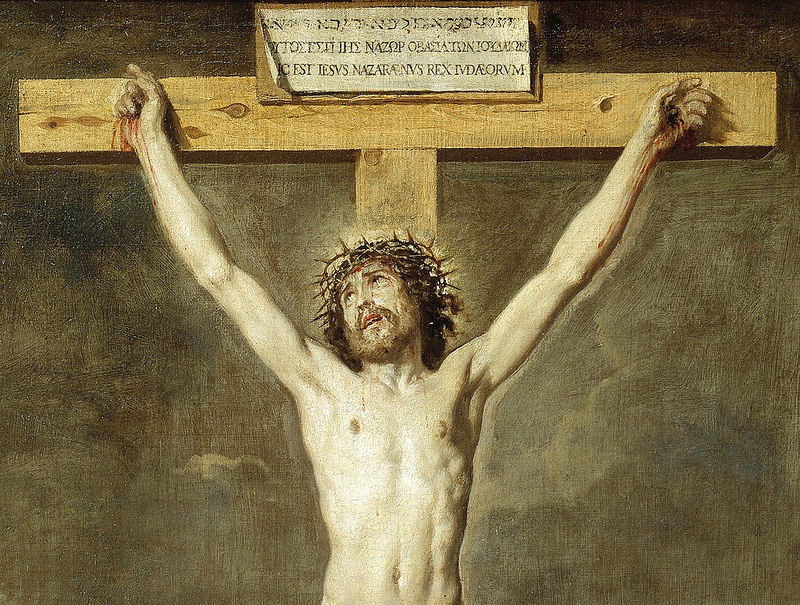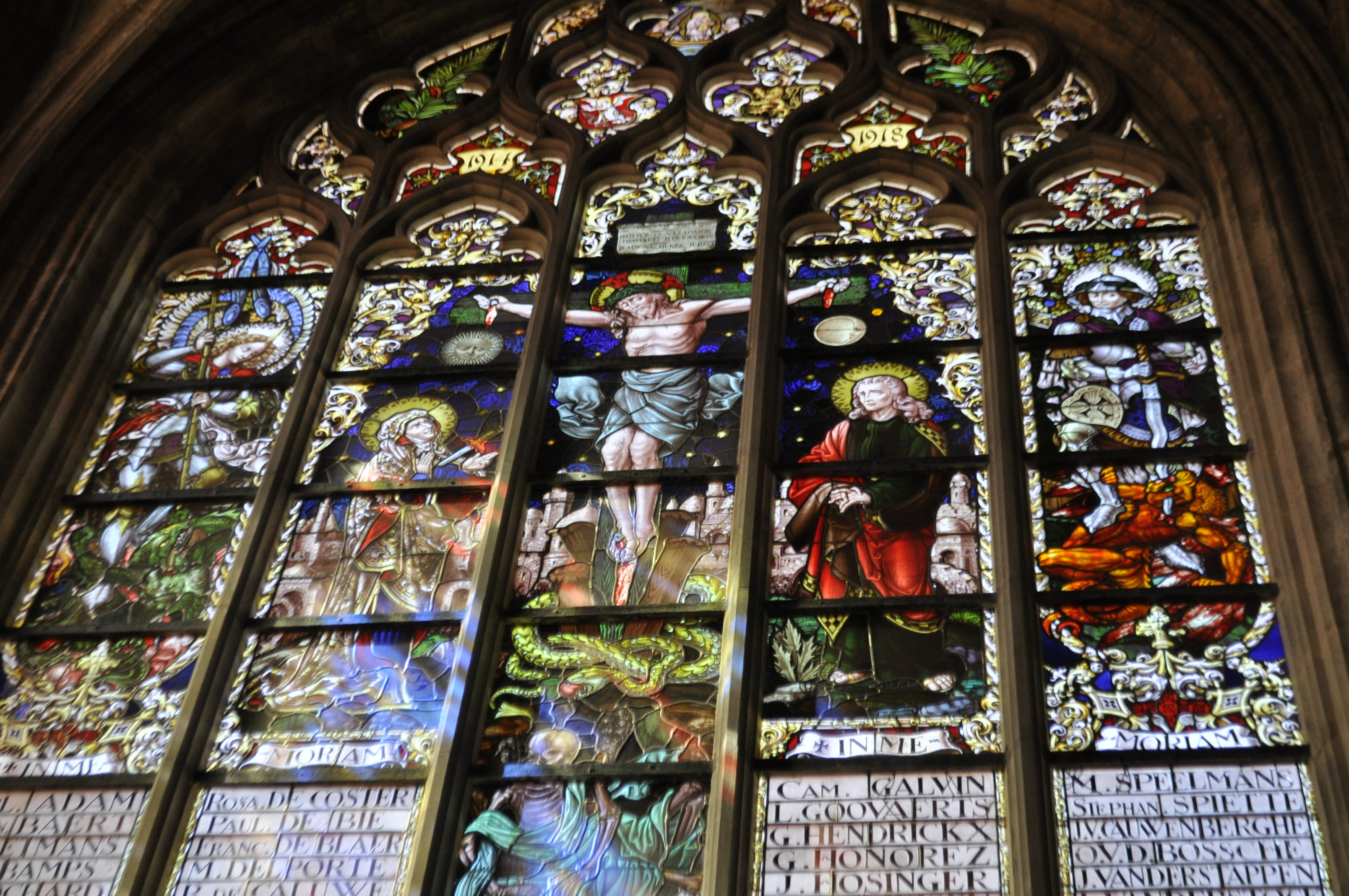Good Friday is the divine indictment of the world as we know it. And this is good news! Because on Good Friday, we discover that the violent systems of this world are so evil, they are capable of murdering God!
As Mark 12 tells us, a man planted a vineyard and leased it to tenants. When the time came to collect the harvest that was rightfully his, he sent many messengers to the tenants in the vineyards. “Some were beat, some were killed.” So the man sent his beloved son, thinking the tenants would surely respect him. The man sent his son into the vineyard, and they killed him! In this sense Nietzsche was correct in saying, “God is dead, and we have killed him.”
God did not kill Jesus; He offered Him up as a sacrifice for our sins, our systemic sins of violence and murder masquerading as a thousand other things. No one took Jesus’ life from Him, He freely laid it down to expose and indict the powers that be; then, in an act of mercy so undeserved it does not even seem plausible, He forgave the very powers He indicted and revealed the love of the Father. Good Friday is truly an indictment that humanity is far worse than we think we are, yet far more forgiven and loved than we could ever dare hope. This is how the cross saves the world. He who has ears to hear, let him hear.
The renters in Mark 12 did not steward the vineyard properly. Therefore, the man who planted it took the vineyard away from them. But not only that, this parable tells us he “killed them and gave the vineyard to others.” This is what we mean when we say, “Now is the judgment of this world; now the ruler of this world will be cast out” (John 12:31). In the words of Jason Upton, “How much longer will these renters roam the earth?”
These “renters” are not literal people as much as they are the principalities and powers that Jesus triumphed on over the cross (Ephesians 6:2, Colossians 2:15). Our battle is not against people, though people can often channel the powers of evil and invite hell to earth through their decisions and actions.
It is interesting to me that the above reference from John 12 uses the key word “now”—not once, but twice. This is a very key word. Why? Because Jesus was referring to Good Friday—to His Crucifixion and death. This means, for us, this statement is past tense. The “ruler of this world” has already been cast out. Theologically, we know that the “ruler of this world” noted here is the satan, and a glance at the world in the past two thousand years would suggest that he seems to still be at work ruling this world. Why is this? Because, though our battle is not against flesh and blood, flesh and blood individuals can exercise their free will to partner with a defeated satan to rule the world contrary to the rule of God. When we say our battle is against “principalities and powers,” we are saying that our battle is against the violent systems of the world themselves, not the individuals who partake in those systems of sin.
It is important that we exercise our free will to partner not with the systemic violence, but instead to choose the way of love—the way of the Kingdom of God. Because the problem with violence is it never really has an endpoint. Personal violence does not occur in a vacuum; it gives way to systemic violence that can lead us up to murdering the very Son of God. But while we were murdering God, He was freely laying His life down, all the while praying, “Father, forgive them, for they do not know what they do” (Luke 23:34).
This piece includes excerpts from Brian Zahnd’s 2016 Blog and my own personal musings. For a solid theology of Good Friday, BZ’s post is an excellent read: http://brianzahnd.com/2016/03/good-friday


